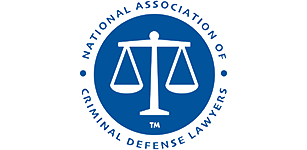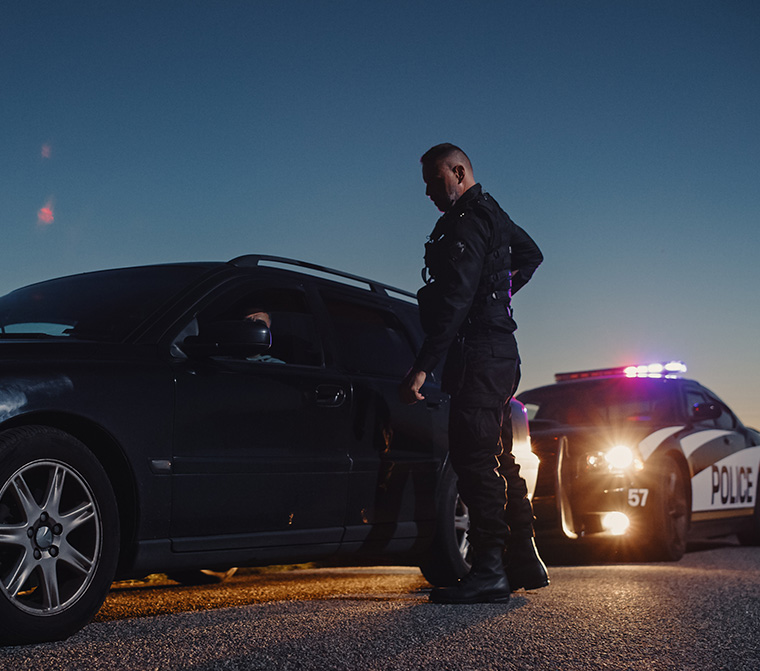
Driver's Licenses & DUI
Your Driver's License After a Phoenix DUI
Being arrested for DUI is traumatic. Some of the obvious things that keep you up at night are the fear of going to jail and concerns about your career. Then, as you start to gather information about what happens after being arrested, you discover there are some lesser-known issues that also give a pit in your stomach: what happens to your driver’s license?
Before you freak out about a driver’s license suspension let’s get you the facts. While the Arizona Motor Vehicle Division (MVD) can be a tricky thing to navigate – it can be done. There are usually ways to get you through the hurdles they put in your way.
- Suspensions can get to and from work permits.
- Licenses can be reinstated.
- Wrongful suspension can be challenged.
The internet is full of misinformation about how Arizona’s MVD works and what happens to driver’s license when arrested for DUI. Here is the definitive guide to help you understand driver’s license suspensions resulting from a DUI and how to get things fixed.
Your Two Cases
A DUI arrest in Arizona triggers two separate cases. One is in a criminal court where you face a DUI case. The other is an admirative case with the Arizona MVD. This is where your initial driver’s license suspension originates. This case will likely resolve well before your criminal charges.
The outcome of your administrative case (i.e. whether you get a suspension or not) has no legal effect on your criminal case. However, in some circumstances, the outcome of your criminal case could potentially possible add on an additional loss of your driver’s license.
With this all in mind, let’s go through the 8 essential steps required to understand and fix what happens to your driver’s license after a DUI arrest.
The 8 Step Analysis: Your Arizona Driver’s License Suspension and DUI
BEFORE A CONVICTION
STEP 1: GETTING ARRESTED FOR DUI
An Arizona DUI arrest triggers a driver's license suspension (or if you’re an out-of-state visitor, your privilege to drive in Arizona).
This is true even without being convicted of a DUI.
STEP 2: CONSENTING OR REFUSING A TEST
Usually, within minutes after being arrested for DUI, the officer will ask you to make a choice. Your answer will have a significant impact on your ability to drive.
Your choice is either:
Consent: Admin Per Se
- You can consent to provide a breath, blood, urine sample or refuse. If you consent and the results show an alcohol concentration of at least .08, then a 90-day suspension is triggered.
- A suspension as a result of consenting to the test (and evidence showing you were over the legal limit) is called an admin per se suspension.
Refuse: Implied Consent
- You can refuse the officer’s request. This choice triggers a 1-year driver’s license suspension. It’s important to know that refusing the officer’s request is unlikely to have an upside. Telephonic warrants are widely available in Arizona (usually within 20 minutes). Thus, refusing often results in a forcible blood draw, plus the 1-year suspension.
- A suspension based upon a refusal to take a test is called an implied consent suspension.
STEP 3: CHALLENGING OR SUBMITTING TO A DRIVER'S LICENSE SUSPENSION
Once an officer issues you a driver's license suspension the next choice you face is: challenge it or let it go into effect. This is true, regardless of, whether it’s an admin per se or implied consent suspension.
If you do nothing, then the suspension will go into effect 15-days from the time the suspension was issued. Challenging a suspension involves:
The Deadline
There is a hard deadline for requesting a hearing. You must request the hearing within 15-days from the date it is issued.
How to Request a Hearing
A written request for a hearing can be:
- Directly delivered
- Faxed (602) 241-1624
- Sent by email
- Mailed Executive Hearing Office, ADOT, P.O. Box 2100, MD 507M, Phoenix, AZ 85001
Reinstating Your Phoenix, Arizona License Before Installation
Prior to installing a Certified Ignition Interlock you must have a valid driver’s license. That is, you must reinstate your license if you want it to count towards the amount of time you are required to have the interlock in your car. That is not to say, the interlock company will refuse to install a device if you ask them. On the contrary, they will be more than happy to take your money and put one in your vehicle. However, Arizona MVD will not count any of that time towards your required term.
Must Reinstate License Before Installing Certified Interlock Device
- Admin Per Se Suspension
- Implied Consent Suspension
- Points Suspension
- Revocation
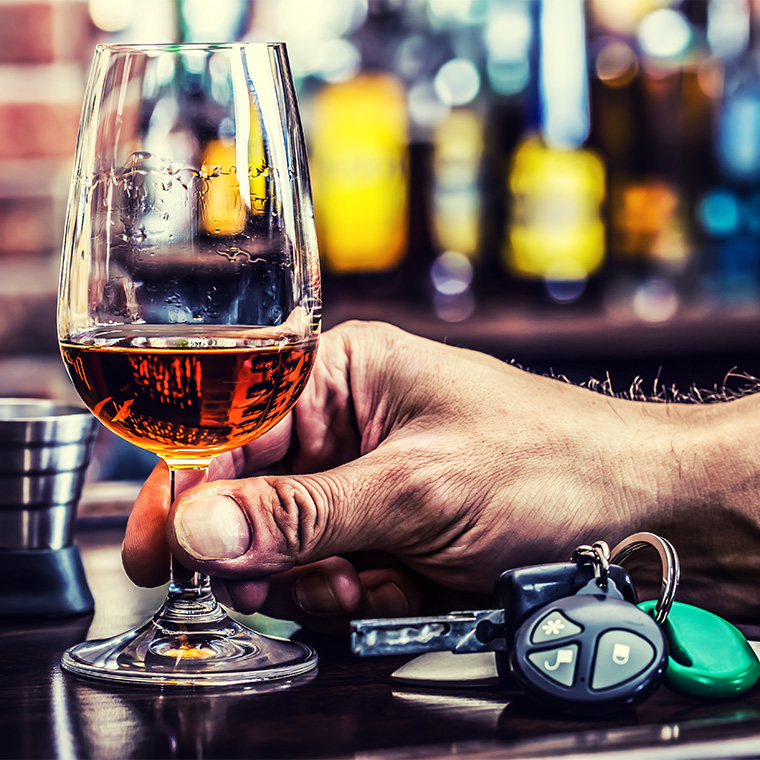
Special Ignition Interlock Restricted Driver License
For suspensions resulting from an implied consent suspension or revocations resulting from certain DUI offenses Arizona allows a restricted driving permit with an interlock – a Special Ignition Interlock Driver’s License (SIIRDL). Keep in mind this is separate and distinct from a certified ignition interlock the normally follows DUI conviction. A SIIRDL is voluntary. If you simply wait to drive until you are able to reinstate your driver’s license there is no requirement to obtain a SIIRDL and install this type of interlock.
Overlapping Interlock Requirements
Choosing to obtain a SIIRDL during a suspension or revocation will not count towards any subsequent Ignition Interlock requirement.
Implied Consent Example
12 Month Suspension
- Day 1 – Day 90: No Driving
- Day 91 – Day 365: Driving with SIIRDL
Then...After A DUI Conviction
- Day 1 – Day 90: No Driving
- Day 91 – Day 365: Driving with SIIRDL
Reinstate
- (MVD gives NO CREDIT for the time you installed an interlock with the SIIRDL)
- Certified Ignition Interlock: 1-2 years

Recognized for Excellence in DUI Defense
Recognition that Highlights Our Skill, Integrity, and Results

Real Stories. Real Results.
See What Our Clients Have to Say
At The Koplow Law Firm, your satisfaction is our priority! See for yourself what our clients have to say about working with us.
-
"Great trial attorney."
Lawrence is tenacious, relentless, and extremely passionate about his clients and their cases. He leaves no stone unturned in his investigations, and his cross examinations are grueling. His knowledge of the science of DUI's and the testing procedures is unsurpassed. Great trial attorney.
- Jesse S. -
"Unquestionably one of the top DUI/ criminal defense attorneys in Arizona."As a practicing attorney in DUI and criminal defense, and as a former prosecutor who went against Lawrence on several cases, I can attest that the State knows they will have their hands full when Lawrence is on the case.- Ryan M.
-
"You cannot go wrong with Lawrence."
Great attorney! Lawrence thinks outside the box and goes above and beyond for his clients and the legal community at large. If you are looking for aggressive representation, you cannot go wrong with Lawrence.
- Charity C. -
"No other lawyer knows the science of DUI like Lawrence does."Lawrence is the best lawyer I have ever met. If your career is on the line then he is the guy. No other lawyer knows the science of DUI like Lawrence does. I will be forever grateful!- Greg S.
-
"It was miracle!"
It was miracle!... A lot of people don't really understand the benefit of having an attorney who used to be a prosecutor. They know all the little tricks and scare tactics the state has as opposed to just hiring an attorney who is a little fish in a big pond.
- Joe C. -
"One of the best."Lawrence Koplow is one of the best DUI and vehicular defense attorneys in the state of Arizona. Anyone would be extremely fortunate to have him as their advocate.- Jack L.
-
"You cannot go wrong with Lawrence."Lawrence thinks outside the box and goes above and beyond for his clients and the legal community at large. If you are looking for aggressive representation, you cannot go wrong with Lawrence.- Charity C.
-
"Nobody knows the court and laws better than him."Lawrence represents very high-profile clients who greatly depend on a good outcome, and this guy will deliver. This is a prosecutors' worse nightmare, and it should be that way if you need an attorney.- David E.
Arizona DUI Driver's License FAQS
Have questions? We are here to help. Still have questions or can't find the answer you need? Give us a call at 602-560-7837 today!
-
What is a driver's license revocation in Arizona?
A revocation means your driving privileges have been terminated. Once the revocation is over your privilege to drive stays revoked unless you take action.
-
When are you required to get a Certified Ignition Interlock Device?
A DUI conviction triggers a requirement of a Certified Ignition Interlock Device in any vehicle you drive. You will receive notification of your requirement for an interlock from MVD in the mail. Do not install the device prior to being notified by MVD (unless there is a good reason to do install the device. Installing it before MVD notifies you of the requirement results in the time installed not counting towards your required term).
-
What is a Certified Ignition Interlock Device?
A certified ignition interlock device is a breath alcohol testing machine that is attached to your vehicle.
DUI Library
The best DUI defense stuff that only a few know and none want to share. A one of a kind annotated resource for lawyers, people accused, or anyone who wants to see what’s going on in our justice system with DUI cases… and how to fix it.
-
Scottsdale DUI Definitive GuideScottsdale DUI Definitive Guide
-
The Definitive Guide to Defeating an Arizona DUIThe Definitive Guide to Defeating an Arizona DUI
-
Field Sobriety Tests in Arizona DUI CasesField Sobriety Tests in Arizona DUI Cases
-
Traffic Stops in Arizona DUI CasesTraffic Stops in Arizona DUI Cases
-
Warrantless Blood Draws in Arizona DUI CasesWarrantless Blood Draws in Arizona DUI Cases
-
Right to Counsel in Arizona DUI CasesRight to Counsel in Arizona DUI Cases
-
Failure to Preserve EvidenceFailure to Preserve Evidence
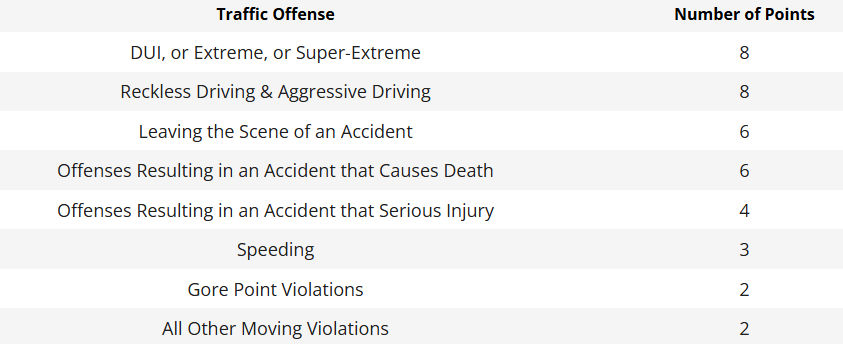
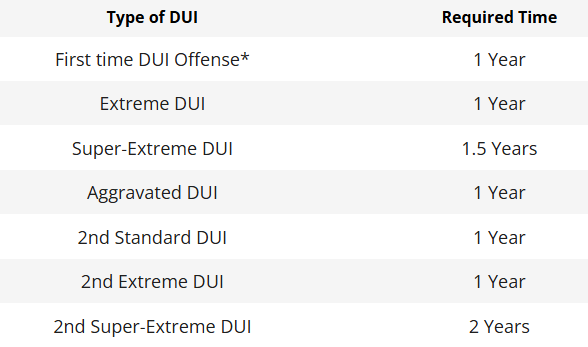

.2501151433309.png)
